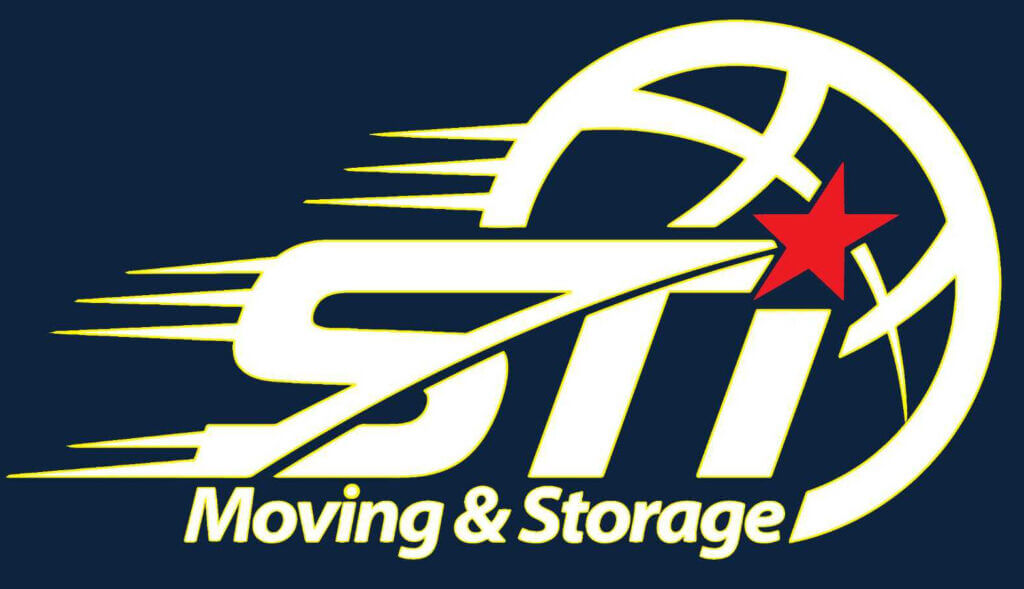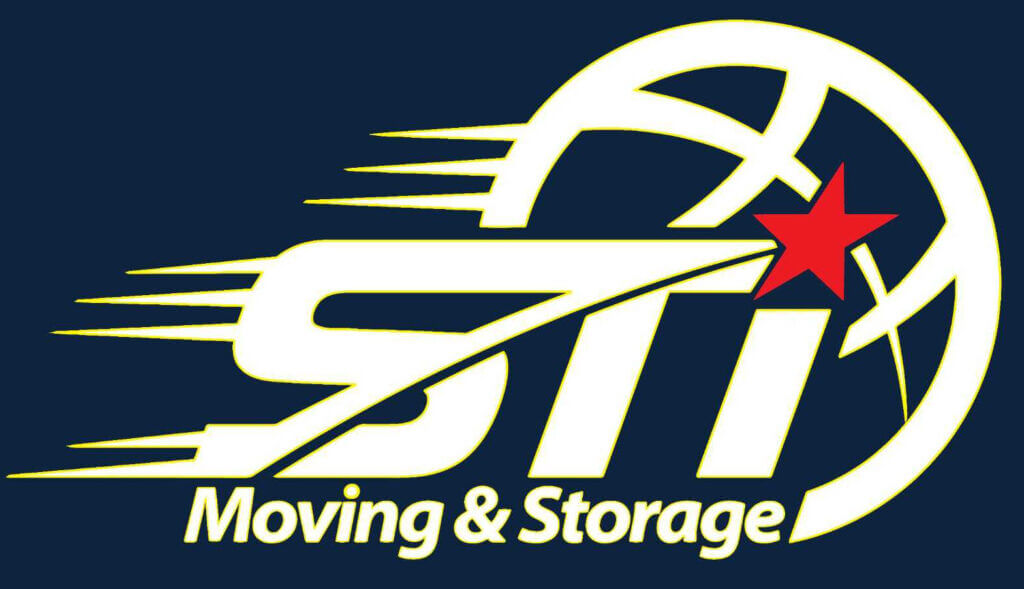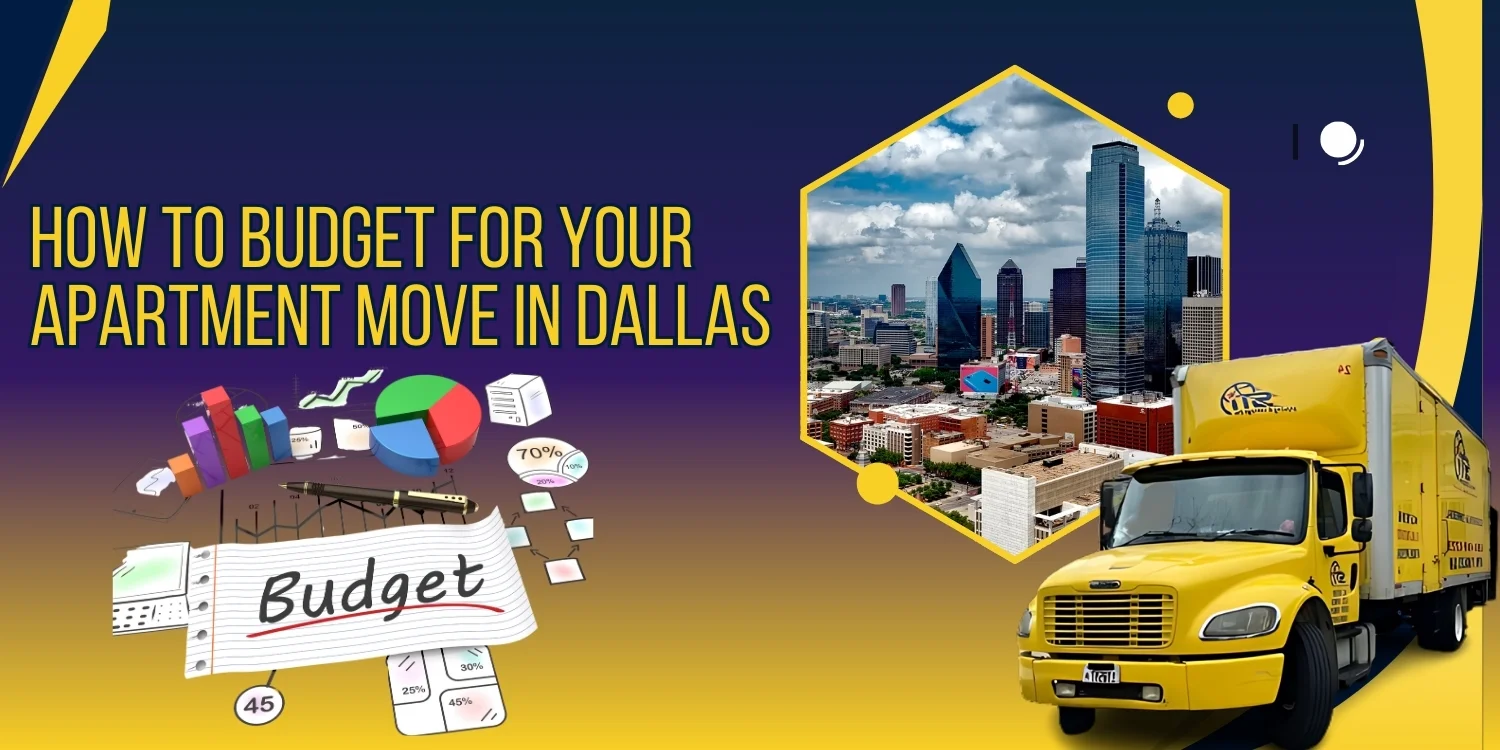Moving to a new apartment can be exciting but also stressful especially when you’re trying to stay within a budget. From packing supplies to hiring a moving company, the costs can quickly add up.
Budgeting for an apartment move in Dallas doesn’t have to be complicated, though. With the right approach you can plan effectively and keep your expenses under control.
This guide will walk you through practical steps to create a moving budget that suits your needs, covering everything from hiring apartment movers to setting aside a safety cushion for unexpected costs.
Start by Making a Moving Checklist
A moving checklist is essential. Write down everything you need to do and the costs associated with each task. Here are some common items you might include:
- Packing materials (boxes, tape, bubble wrap)
- Professional moving services from a Dallas moving company
- Transportation costs if driving or renting a moving truck
- Utility transfers or setup fees for your new apartment
- Cleaning services for your current or new apartment
A detailed checklist will help you track what you need to spend on and avoid any unexpected costs.
Estimate Your Moving Costs
Moving costs can vary based on the distance, size of your apartment and the level of service you need.
For a local move within Dallas, you might not face the same charges as you would with a long-distance relocation. The main factors that influence costs include:
- Apartment Size: More items generally mean more time and effort for the movers which can increase costs.
- Distance of the Move: While a move across Dallas might be less expensive any additional miles add to the fuel and time expenses.
- Services Required: Are you just looking for a Dallas moving company to load and transport your items or do you need help with packing and unpacking? Full-service options will cost more but save you considerable time and stress.
Set a Realistic Budget for Movers
The moving company you choose can make a significant difference in your overall expenses. Apartment movers in Dallas often charge by the hour especially for local moves, while long-distance moves might be calculated based on the weight of your belongings and distance traveled.
Here’s how to set a realistic budget
- Compare Prices: Don’t just go with the first mover you find. Reach out to multiple Dallas moving companies for quotes. Comparing prices will give you a sense of what a fair rate should be.
- Read Reviews: While you want to keep costs down, quality is also essential. Check reviews to ensure the company is reliable and professional. Cheap rates won’t matter if your belongings get damaged or lost in transit.
- Ask About Additional Fees: Some movers charge for extra services like handling large furniture, moving up multiple flights of stairs or waiting time. Clarify these fees before making a decision.
Decide if You’ll Need Packing Supplies
Packing supplies might seem like a small expense but they can add up quickly. You’ll need sturdy boxes, tape, bubble wrap and markers at a minimum. Here are a few budgeting tips:
- Look for Free Supplies: Many stores, like grocery stores or bookstores, give away sturdy boxes for free. You can also check community groups or online marketplaces where people often give away packing materials.
- Reuse What You Have: If you’ve moved before consider reusing boxes or bubble wrap from a previous move.
- Purchase in Bulk: If you need to buy supplies, look for bulk options that often come at a lower price per unit.
Consider adding packing supplies as a separate line item in your budget and estimating how many boxes or rolls of tape you’ll need.
Factor in Transport Costs
If you’re not using a Dallas moving company to transport your items, you’ll need to budget for other transport options. This could mean:
- Renting a Truck: Truck rental companies often charge based on the number of hours or days you use the vehicle. Be sure to include the cost of fuel, as rental trucks tend to have lower gas mileage.
- Using Your Own Vehicle: If you have a smaller move or are transporting items yourself, factor in fuel costs and any tolls along the way.
Plan for Utility Transfers & Deposits
Transferring utilities often comes with fees and some providers require a deposit when you set up a new account. Here are common utilities to consider:
- Electricity & Gas: Dallas has various providers, so research fees or deposits required for setting up these services at your new place.
- Internet & Cable: Many providers offer deals for new customers, so check if you can get an affordable rate.
- Water & Trash: Some apartment buildings cover these costs but if yours doesn’t, inquire about fees to set up service.
Including utility transfers in your moving budget can help you avoid surprise charges in your first month.
Include Cleaning Services
If you’re moving out of a rental, you might need to clean thoroughly to receive your security deposit back. You have two options here:
- Hire Professional Cleaners: Professional cleaners will ensure your old apartment meets the landlord’s standards which can be a relief during a busy move.
- DIY Cleaning: If you’d rather save on this expense plan to set aside time for cleaning supplies and effort.
Whether you go with a professional service or do it yourself, add the estimated costs to your budget.
Set Aside a Buffer for Unexpected Expenses
Even with careful planning, unexpected costs can pop up. It’s wise to set aside a small cushion, usually around 5-10% of your total moving budget, to cover things you didn’t anticipate. This buffer can help with last-minute expenses such as extra packing supplies or an extra hour of help from the movers.
Think About Storage Needs
If there’s a gap between your move-out and move-in dates or if your new apartment is smaller, you might need to rent storage space temporarily. Storage costs in Dallas vary based on unit size, location and rental duration. Find an apartment moving company that offers short-term storage options as part of their services.
When budgeting for storage, remember to include fees for
- Storage Unit Rental: Monthly or weekly fees vary by unit size and location.
- Insurance: Some storage facilities require insurance for stored items, so factor this into your budget if necessary.
- Access Fees: Some facilities charge extra for 24-hour access or certain unit types.
Budget for New Apartment Essentials
Finally, there are likely some essentials you’ll need to purchase when you move in. From small items like shower curtains and cleaning supplies to larger ones like furniture, it’s smart to have a separate line in your budget for these “move-in essentials.”
Here are some common expenses
- Furniture or Appliances: Consider what you need versus what you can bring from your previous apartment.
- Home Essentials: Small items like light bulbs, toilet paper and cleaning supplies.
- Decorative Items: If you want to personalize your new space, you may need budget-friendly décor like curtains, rugs and wall art.
Sample Budget Breakdown for an Apartment Move in Dallas
To give you a clear picture, here’s a sample budget for a small apartment move:
| Expense | Estimated Cost | Notes |
| Moving Company | $400 – $800 | Rates vary by size, services, and distance |
| Packing Supplies | $50 – $100 | Boxes, tape, bubble wrap, markers |
| Truck Rental or Fuel Costs | $60 – $150 | For DIY transport |
| Utility Transfers & Deposits | $100 – $200 | Varies by provider |
| Cleaning Services | $75 – $150 | Professional or DIY |
| Storage Fees (if needed) | $50 – $200 | Based on unit size and duration |
| New Apartment Essentials | $100 – $300 | Shower curtains, cleaning supplies, etc. |
| Contingency Fund (10%) | $100 | To cover unexpected expenses |
| Total Estimated Budget | $935 – $2000 |
Final Thoughts
Budgeting for a move can be challenging but it’s essential to avoid unexpected costs. By planning ahead, comparing quotes from apartment movers and setting aside extra for surprises, you can ensure a smooth transition to your new home. With careful budgeting, you’ll avoid overspending and make your move less stressful.



